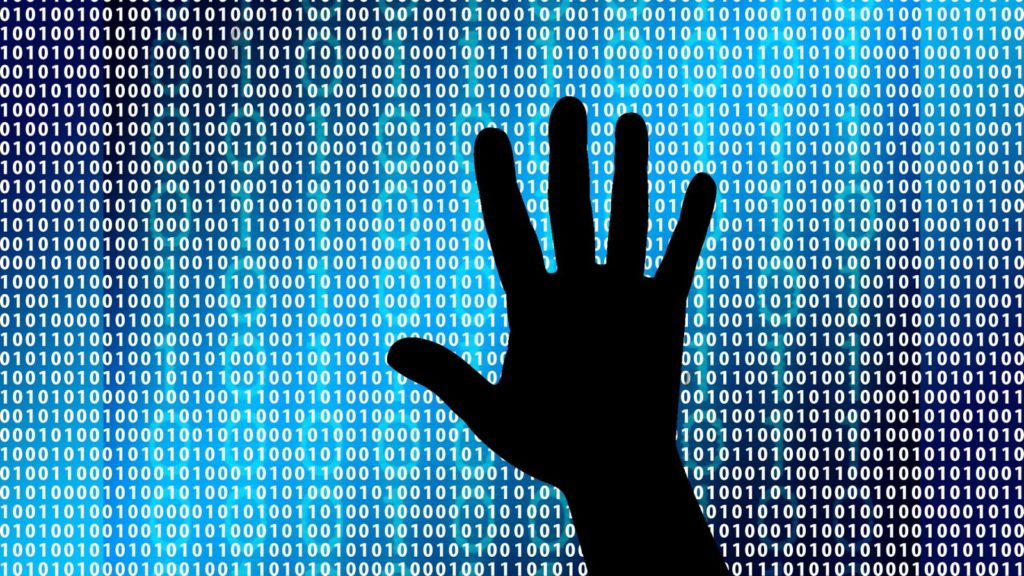Elon Musk’s AI chatbot Grok has once again found itself at the centre of controversy after the most recent update to Grok 3 triggered…
WATCH: A homophobic lesson | Thin line between victim and cyberbully, a Dominic Zaca case

This week we look at South African law and query how far is too far when sharing other people’s personal information on social media.
A perfect case study would be that of social media TikTok user Dominic Zaca who after being offended on social media retaliated to research his offender’s details only to verbally post details such as the offender’s possible place of employment publically on social media, all in an attempt to teach the offender a lesson.
@zacadominic Replying to @Fundokuhle97 please vote for me sms 137 to 44850😊
The offender has since apologized to TikTok user Dominic Zaca for homophobic utterances. While the issue appears to have been resolved, the method for results remains in question.
@zacadominic You are forgiven sir @Fundokuhle97 ❤️
The thin line for justice
In the quest for justice, Zaca publicized a users’ details -without his consent – which could be viewed as a form of harassment and intimidation.
According to the Protection of Personal Information Act (POPIA), which mainly deals with privacy rights, which can be violated when private information is shared online without consent, the Act states that under POPIA, personal information includes but is not limited to an individual’s;
- Name, contact details, and address
- Race, gender, and age
- Identity number or passport number
- Financial, criminal, or employment history
According to both the POPI Act and HPCSA guidelines, it is mandatory for data subjects to give written consent to the responsible party before any data is published on social media, or distributed to others on email or messaging platforms.
What does this mean?
Zaca may also owe his offender a massive apology, purely based on sharing his alleged place of employment details which could have prompted bullying and harassment against the offender.
When a social media user shares another person’s private information online without their consent, they may be violating the individual’s privacy rights as protected by POPIA. This is especially the case if the information was obtained unlawfully or if it’s being used for malicious purposes such as harassment, discrimination, or intimidation.
The list of wrong vs right
Posting personal information of others could violate freedom of speech for several reasons:
Privacy Rights:
Sharing personal information, such as someone’s place of employment or house address without consent, infringes on their right to privacy.
Security Concerns:
Posting sensitive information can pose a significant threat to the safety and security of the individual involved. It may expose them to harassment, stalking, or other harmful activities, limiting their ability to freely express themselves without fear of retaliation.
When individuals fear that their personal information may be exposed online, it can create a chilling effect on their willingness to express themselves freely. This fear stifles open discourse and undermines the principles of free speech.
In essence, while freedom of speech is a fundamental right, it is not absolute, and there are legal boundaries in place to prevent harm to individuals and society.
Respecting privacy and avoiding the intentional infliction of harm online is important in maintaining a healthy and constructive online environment.
Also read: Here are your Topco, Standard Bank, Top Women Award winners
Featured image: cyber crime kalhh pixabay

